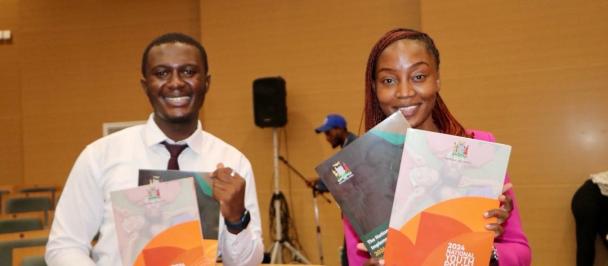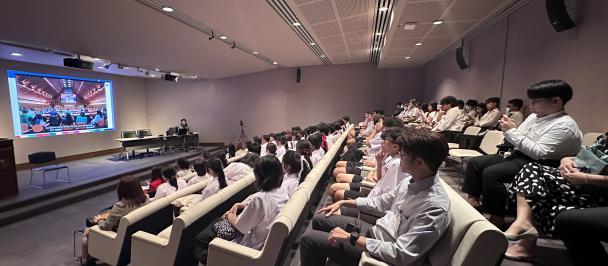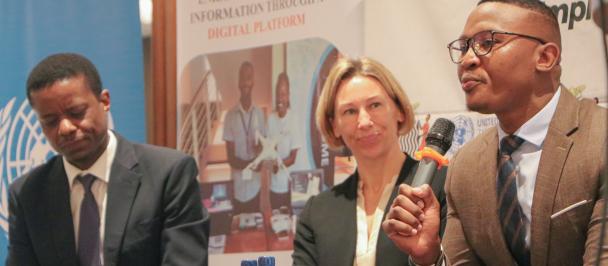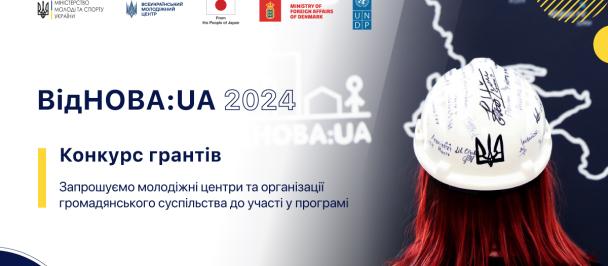As a young and developing democracy, the Maldives stands at a crucial juncture in its history, where the encouragement and cultivation of informed and engaged citizens, especially young people, through comprehensive civic education plays a pivotal role in shaping the nation’s future.
The Significance of Civic Education in the Maldives: Nurturing Informed and Engaged Citizens
August 25, 2023
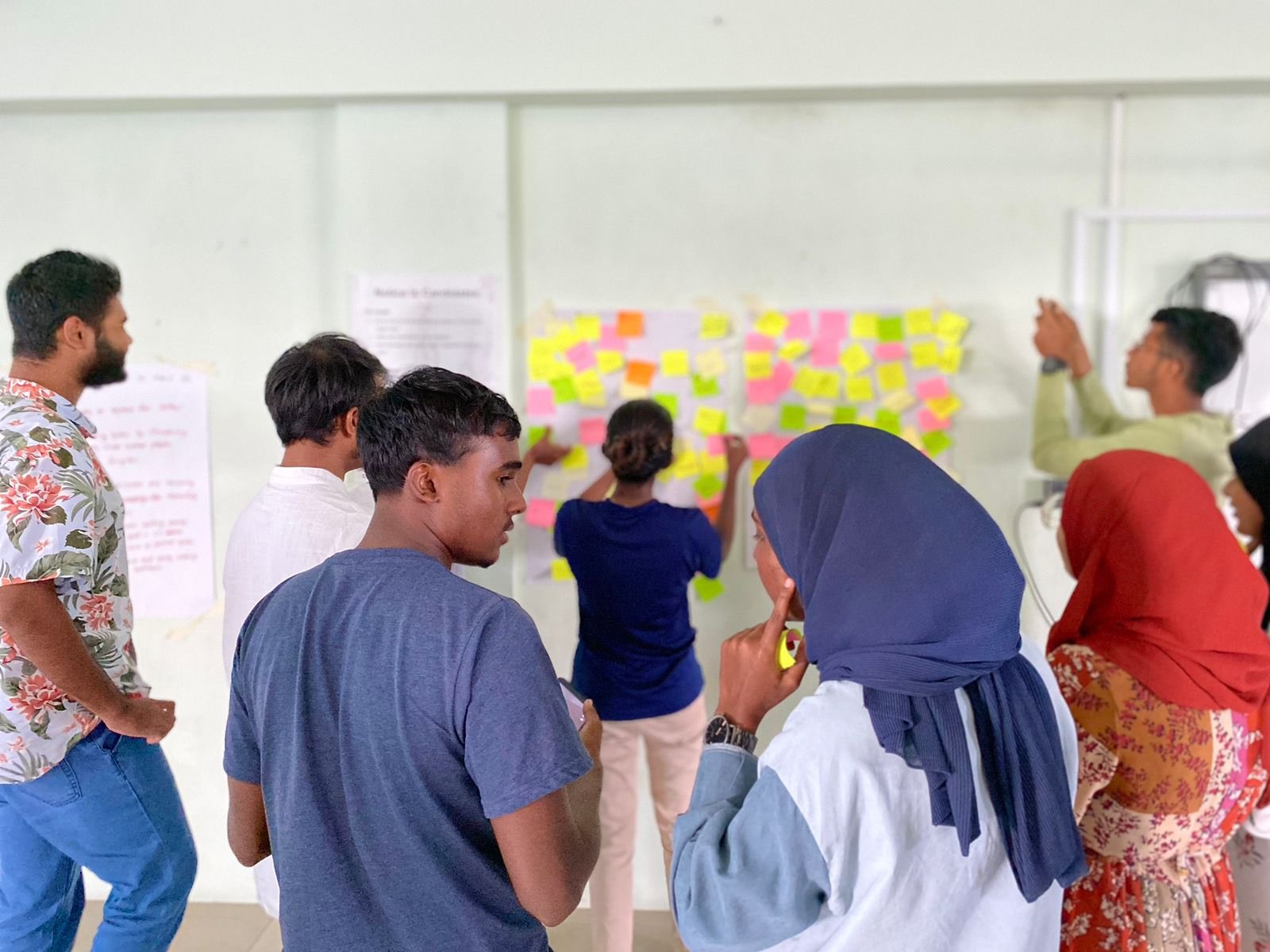
Civic education and engagement are the foundations upon which a strong and resilient democratic society is built. It equips individuals with the knowledge, skills, and attitudes necessary to participate actively in the political, social, and economic spheres of their country. In the Maldivian context, civic education serves as a bridge connecting citizens to their rights, responsibilities, and the mechanisms of governance. Over the past two decades, the Maldives has made significant strides in its democratic journey. From holding multi-party elections to codifying human rights within the constitution, this arduous process has contributed to creating a better space for people to practice their civic duties.
However, the pursuit of improved well-being for its youth has not kept pace with the impressive economic growth and the democratization process. A substantial portion of the population is challenged to access the necessary resources and opportunities to uplift their quality of life. This is particularly pronounced among the youth, who often end up disengaging from policy-making processes and meaningfully participating in socially relevant discussions. The prevalence of issues such as substance abuse, involvement in criminal gangs, and vulnerability to social tensions has resulted in a significant number of Maldivian young people residing on the peripheries of a society that may be perceived as offering them insufficient support – with the result of a little inclination to engage them within civic spaces. [1]
For those under the age of 35, avenues to share lived realities and express grievances, communicate opinions and actively engage in civic and policy-making spaces have been arduous to find. These generations have matured in an era marked by political unrest and a sharp divide between opposing factions, even witnessing family units polarized by these partisan divisions. The experiences shared within young people are also vastly different between the generations; the circumstances faced by first-time voters and those that are older are incomparably different as well – further evidencing the complexity of the issues.
The mismatch between education opportunities and employment offerings have resulted in a quarter of the youth demographic being unemployed. Particularly in the outer islands, the concentration of job openings in the capital city of Malé has rendered them inaccessible to many. Consequently, a substantial portion of these young individuals harbor deep disillusionment towards public institutions and policy-making processes, and feels that their opinions are mainly sought during electoral campaigning.
So where does Civic Education fit in all of this? It is apparent that a robust democracy depends on an engaged and well-informed citizenry. Civic education promotes awareness of democratic values, the importance of free and fair elections, holding elected officials accountable, protection of individual liberties, and fostering social cohesion.
Though these realities may exist, the Maldives is also faced with certain challenges in the delivery of civic education and the actualization of holistic civic engagement. Given limited resources, the engagement of educators across the archipelago has been challenging to sustain. Various concerned entities have undertaken periodic civic education trainings targeted towards different atolls and islands. However, sustaining these networks is challenging given resource limitations, and a lack of conducive environment to further propagate these discussions and collective organizing. It has also been noted, by both young people and experts alike, that there is an urgent need to integrate and mainstream civic education into the National Curriculum – to actively inform and educate young people on their rights, responsibilities, and opportunities beyond their schooling life.
Despite the challenges, most young people express keenness to increase their civic engagement. In the Youth Vulnerability Assessment (2019) a representative sample of young people voiced a collective desire for improved education and increased assistance in establishing their own livelihoods. Most of these young people further recognizes the risk of social isolation and voiced concerns for creating meaningful spaces and opportunities for their participation in the policy-making mechanisms of the country.
Based on these findings, and the need to create spaces for young people to gain this information, UNDP Maldives has led several interventions in the civics space. The development of the Practice Parliament series, in addition to the most recent Civic Education Trainings contextualized for different regions of the country, all provide key civic education information to young people and women. Through these interventions, the need to further proliferate this information in the journey for every Maldivian to realize their civic responsibilities have become more pronounced. Almost all participants in these interventions posited to the difference made by the utilization of the information in both political and social landscapes.
As the Maldives endeavors to strengthen its democratic foundations, civic education serves as both a solution and a strategy. It equips citizens, especially young people, with the tools they need to shape their own futures and contribute to the growth of their nation. By promoting informed decision-making, social cohesion, and active citizenship, civic education sets a transformative trajectory for the Maldives, where every citizen’s voice is valued and their potential unleashed. In understanding the roles, responsibilities and the inherent rights held as a citizen, young people have more agency to critically evaluate the conditions faced by them and take organized action in addressing these circumstances.
[1] Youth Vulnerability Assessment (2019) United Nations Development Programme. Available at: https://www.undp.org/publications/youth-vulnerability-maldives

 Locations
Locations